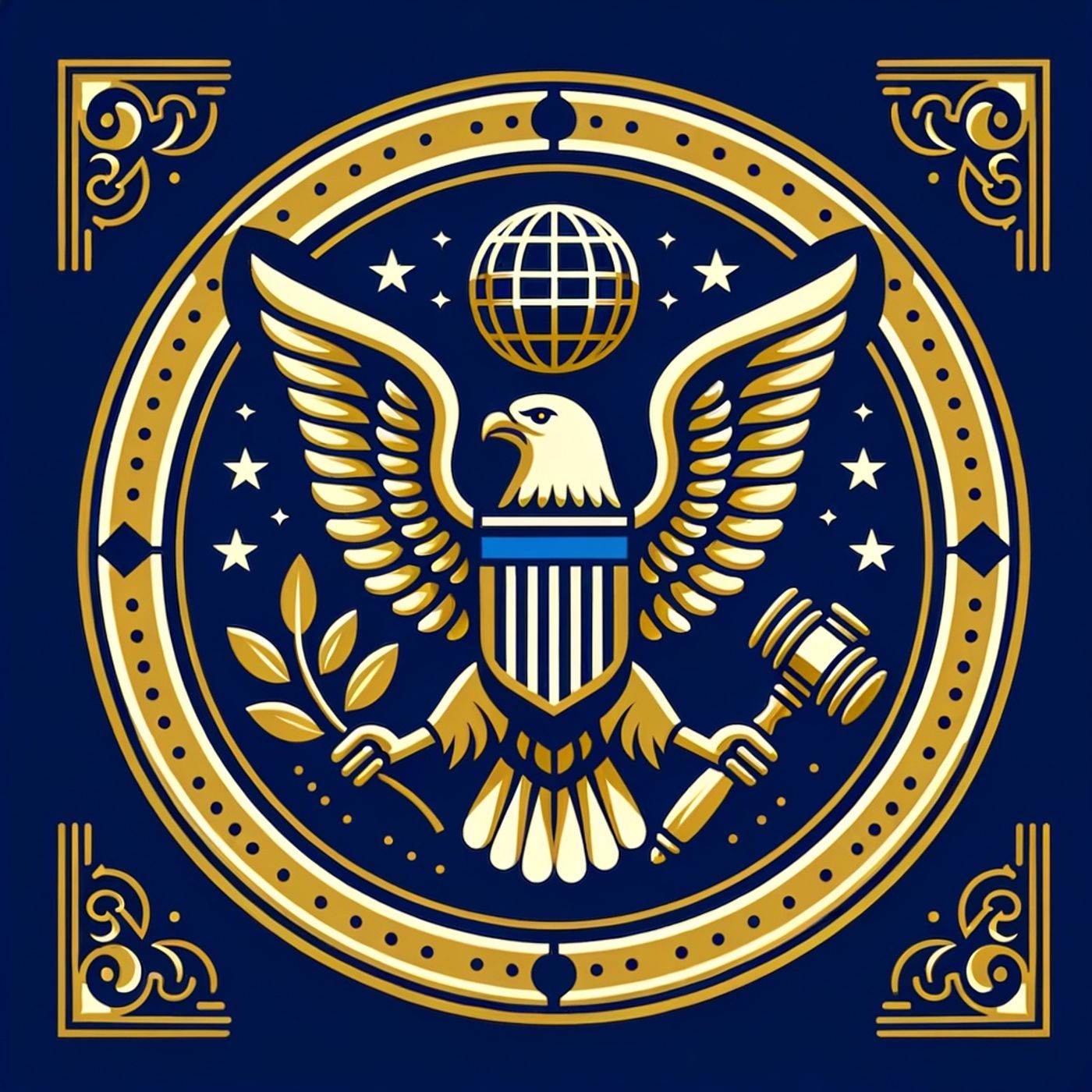Listen ""Marco Rubio's Diplomatic Controversies: Navigating Tensions, Informants, and U.S. Foreign Policy""
Episode Synopsis
Secretary of State Marco Rubio has been at the center of major diplomatic controversies and decisions in recent days. According to a report by The Washington Post, Marco Rubio spoke directly with Salvadoran President Nayib Bukele just before the United States sent hundreds of Venezuelan deportees to El Salvador’s notorious Terrorism Confinement Center. In that call, Rubio pledged to send nine MS-Thirteen gang leaders to El Salvador, several of whom were informants protected under U.S. agreements. These informants had provided information about alleged ties between Bukele’s administration and the gang. Salvadoran leadership, determined to reinforce its tough-on-crime stance and protect itself from accusations of collusion with MS-Thirteen, demanded the return of these individuals. Days later, at least one of the informants, César López-Larios, who faced charges for leading gang operations in the U.S., was quickly deported to El Salvador. Other informants remain in custody pending further legal action. Critics including Douglas Farah, a U.S. contractor who investigated MS-Thirteen, called this move a deep betrayal of law enforcement, undermining years of investigations and the integrity of federal informant protections.The State Department under Rubio defended the arrangement, with spokesperson Tommy Pigott arguing that the deal made America safer by allowing for the deportation of hundreds of gang members. However, former officials and legal experts insist that returning protected informants could collapse years of evidence gathering against MS-Thirteen and obstruct ongoing investigations into potential corruption within Bukele’s government, particularly ahead of national elections.On the broader stage, Secretary Rubio has continued to lead the administration’s hard-line policies against Venezuela, a role he began advocating as a U.S. senator. As Trump’s top diplomat and national security adviser, Rubio has accelerated executive actions targeting Venezuela’s leadership, particularly Nicolás Maduro, in a campaign that remains a focal point of U.S. foreign policy according to reporting in the Wall Street Journal.Diplomatic tensions also surfaced when a scheduled meeting between Rubio and Russian Foreign Minister Sergey Lavrov was postponed, heightening speculation around current U.S.-Russian relations and regional conflicts. Meanwhile, political turmoil at home has resulted in a government shutdown approaching three weeks. Rubio’s State Department criticized Senate Democrats for stalling a vote that would reopen the government, accusing them of jeopardizing national security for political gain, as Fox News reports.President Trump publicly praised Marco Rubio during a speech to the Israeli parliament, crediting him with helping to broker a Gaza ceasefire and the release of hostages. The former Florida senator is now simultaneously serving as secretary of state, national security adviser, and head of the U.S. Agency for International Development, marking him as one of Trump’s most trusted and influential aides.Thanks for tuning in and remember to subscribe. This has been a quiet please production, for more check out quiet please dot aiFor more http://www.quietplease.aiGet the best deals https://amzn.to/3ODvOtaThis content was created in partnership and with the help of Artificial Intelligence AI
More episodes of the podcast Secretary of State - 101
"Rubio's Controversial Salvadoran Deal: Betrayal of Informants or Securing US Deportations?"
21/10/2025
US Secretary of State Marco Rubio Leads Crucial Preparations for Trump-Putin Summit in Budapest
19/10/2025
"Secretary Rubio's Global Impact: International Affairs and Domestic Policies Dominate Agenda"
16/10/2025
Rubio Leads Trump Administration's Charge on Global Carbon Tax Rejection, International Diplomacy
16/10/2025
 ZARZA We are Zarza, the prestigious firm behind major projects in information technology.
ZARZA We are Zarza, the prestigious firm behind major projects in information technology.
